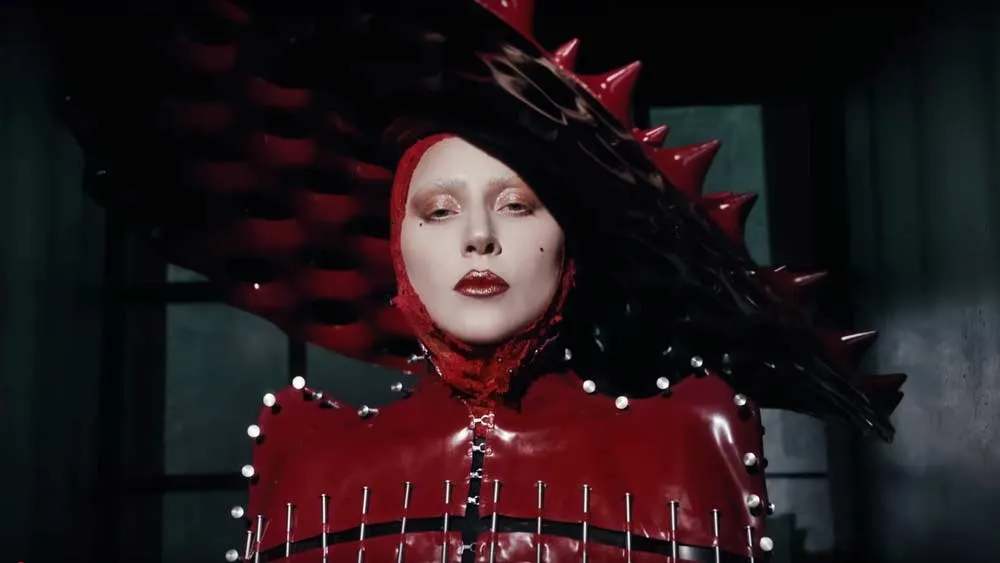October 4, 2010
Coco Chanel & Igor Stravinsky
Lewis Whittington READ TIME: 2 MIN.
If you have wondered about how riotous it actually was on May 29,1913 at Th��tre des Champs-�lys�es in Paris during the premiere of the Stravinsky's ballet Le Sacre du Prentemps, the film Coco Chanel & Igor Stravinsky, just out on DVD, answers that question. The opening twenty minutes not only offers a thrilling and plausible depiction of the audience revolt, it is a solidly filmed reconstruction of Nijinky's explosive ballet. Not a small achievement.
But from there, the film, directed by French filmmaker Jan Kuneon, unfolds into a pretty vapid account of the affair between fashion pioneer Coco Chanel and genius composer Igor Stravinsky. The screenplay by Chris Greenhalgh, from his novel, depicts these two luminaries with only a glancing resemblance to their actual lives.
Chanel invites the struggling Stravinsky family to take her villa outside of Paris, so Igor, a Russian �migr� whose wife is terminally ill, can work and not have to worry about finances or bowing to the classical music establishment. Interesting enough, but all just a set up so Igor and Coco can orchestrate their affair. Even though she mounts him on the piano (while he's banging out a rewrite of Le Sacre!). Despite this, there isn't much heat to this relationship. It's more interesting when Coco wants to derail it. Chanel may be Igor's patron but, she cooly informs him "I won't be your mistress."
Stravinsky's wife (played by Elena Morozova) tolerates the affair while battling tuberculosis. She sulks about like an escapee from a Bergman film as Igor becomes a bourgeoisie bore. Mads Mikkelsen (Casino Royale) is too handsome a version of Igor and he fails to give him much dimension past intense Russian looks.
Anna Mouglalis (Romanzo Criminale) does better as Coco, even with self-conscious scenes of her choosing the scent that becomes Chanel No. 5, for instance, you can't take your eyes off of her. Her husky voice and smoldering presence captures Coco's allure, so the clammy dialogue is easily ignored.
Besides, the film is gorgeous to watch, with every design detail lavish. Good use of Stravinsky's piano transcriptions of Le Sacre that snake through stylish cinematography. Disc extras include footage of the director and leads at odds about how to play some of the dramatically intimate moments, explains a lot.
Lewis Whittington writes about the performing arts and gay politics for several publications.







